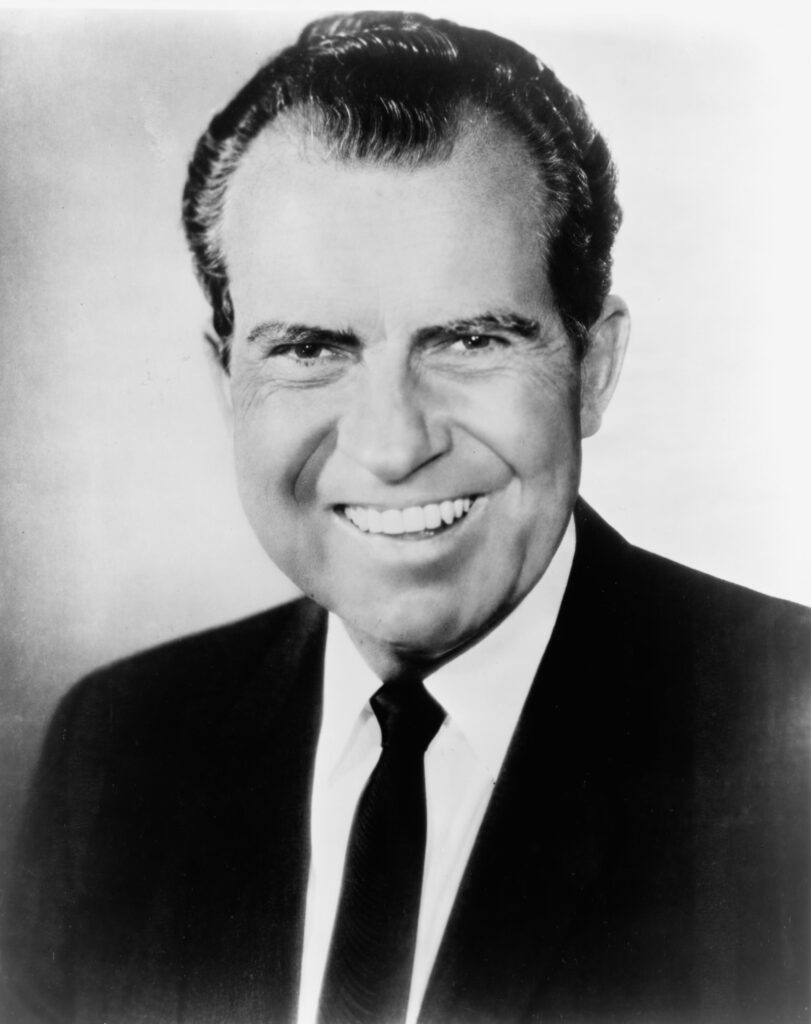In 1971, President Richard Nixon declared a “war on cancer,” with the goal of “conquering” the disease by the time of the U.S. Bicentennial. $1.6 billion (the equivalent today of more than $10 billion) was dedicated to fund the crusade.
While the intention was certainly noble, an unintended consequence is that the “battle” cliche has been applied to patients not just pharmaceuticals, and we’ve been stuck with the cliche ever since, a term that New York Times staff editor Dana Jennings writes, after “staggering through prostate cancer and its treatment,” makes him “cringe and bristle.”
Me, too.
Calling cancer a “battle” implies that there will be winners and losers. “If someone was fighting cancer but passed away, does it mean that person lost? That he or she didn’t fight hard enough? That they failed?” asks National Public Radio’s Leroy Sievers.
“Using the battle metaphor implies that if a patient fights hard enough, smart enough and/or long enough, he or she will be able to win the war,” write Doctors Lee Ellis, Charles Blanke and Nancy Roach in JAMA Oncology. “Unfortunately, and with rare exceptions, patients with metastatic cancer cannot conquer cancer (win the ‘war’) no matter how hard they fight … the use of the battle metaphor implies a level of control that patients simply do not have.”
Moreover, referring to cancer as a “battle” minimizes the many real issues faced by cancer patients who must live with nausea, pain, fatigue and more. If the treatment works, they then must live with a fear of recurrence.
Yvonne Ator understands where this all comes from. “Western culture is so uncomfortable talking about death that instead it created this ‘battle’ analogy that basically shames people who die from cancer,” she posted on social media.”
The key question, she emphasizes, is “Are you running toward life or running away from death?”
The battle metaphor can result in bad medical outcomes – for example, agreeing to unnecessary treatment in the face of negligible chances. Indeed, some 62% of patients opt to receive chemotherapy within two months of dying.
That’s what happened to my father. When he was diagnosed with cancer in 2009, he chose chemo.
He died three weeks after starting treatment.
Ten years ago, before I was diagnosed with cancer myself, I wrote about medical ethicist Ezekiel Emmanuel’s provocative essay in The Atlantic, “Why I hope to die at 75.” Emmanuel’s thesis: Medicine may have prolonged life expectancy, but not quality of life.
“Healthcare hasn’t slowed the aging process so much as it has slowed the dying process,” Emmanuel writes, which is why, when he turns 75, while he would not proactively end his life, “I will need a good reason to even visit the doctor and take any medical test or treatment, no matter how routine and painless. That means no screenings for cancer, no colonoscopies, no cardiac stress tests, no flu shots; not even antibiotics.”
Emmanuel reaffirmed his stance in a 2023 interview with the Times when he turned 65. It’s one that’s resonated with me: not to give up but not to fight against the odds, either.
Patti Gustafson is the COO of the Swifty Foundation, a charity she started when her young son Michael died of medulloblastoma. He may have lost the “battle,” his mother writes, but “he continued to live despite the diagnosis and burdens he carried. [So] let’s save the war metaphors for research because we must not rest until that battle is won.”
Kate Granger does not see anything “brave” about how she lives her life with cancer.
“Bravery implies a choice. I didn’t choose to be affected by cancer and I don’t believe being placed on the courage pedestal helps me to continue living,” she writes in The Guardian. Cancer is a natural part of the human condition. “It has arisen from within my own body, from my own cells … to fight it would be ‘waging a war’ on myself.” Even those who “beat” cancer may not wish to have “the label of ‘survivor,’ which interferes with the return to normality,” Granger adds.
And yet, “no well-wisher omits the combative image: You can beat this. It’s even in obituaries for cancer losers,” writes Christopher Hitchens in his book Mortality. “You don’t hear this about long–term sufferers from heart disease or kidney failure.”
If the dominant cancer metaphor “describes tumors as an invading army, a barbarian horde attacking from outside city walls,” a better way to think about the disease, writes Yoon-Joon Surh, is as “local residents gone bad who slowly exploit the environment around them for their own gain.”
ESPN sports anchor Stuart Scott commented, before his death to cancer in 2015, that you don’t beat cancer by living forever, but “by how you live, why you live, and the manner in which you live.”
So, if cancer is not a battle, how else can we refer to people with the Big C? Here are some reframings:
“People affected by cancer”
“People living with and beyond cancer”
“People whose lives have been touched by cancer”
“People getting on with life despite cancer”
“Life raised to a higher power”
The writer Ullie Kaye adds that “instead of saying, ‘I know what it feels like,’ let’s say ‘I cannot imagine your heartbreak.’ Instead of saying, ‘You’re strong, you’ll get through this,’ let’s say ‘You’ll hurt, and I’ll be here.’ Instead of saying, ‘You look like you’re doing well,’ let’s say, ‘How are you holding up today?’ And when there are no words to say at all, you don’t need to try and find some. Love speaks in silences, too.”
I first explained how cancer is not a “battle” in The Jerusalem Post.
Image of Richard Nixon from the Presidential File Collection, Library of Congress Prints & Photographs Division, available for use via Unsplash.


